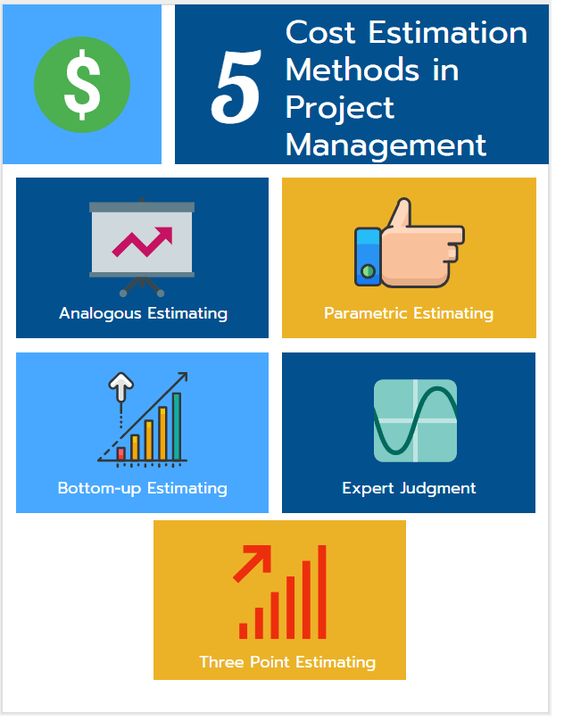For any organization, accurately estimating the cost of a project is critical to its success. Improper project cost estimation can lead to budget overruns, delayed projects, and other negative consequences. Hence, choosing the right technique for cost estimation is key. In this article, we will explore various project cost estimation techniques that organizations can use.
Bottom-Up Estimation Technique
Bottom-up estimation technique is a common and practical approach to cost estimation. In this technique, the project is broken down into smaller tasks that are then estimated individually. The estimates are then aggregated to develop an overall project estimate. This technique has a high level of accuracy, but can be time-consuming.
Analogous Estimating Technique
Analogous estimating technique relies on historical data from similar projects to estimate the cost of a new project. This technique involves finding a project that is similar in scope, complexity, and size to the new project and then using its cost as a basis for estimating the new project’s cost. This technique is quick and easy, but may not be very accurate.
Parametric Estimation Technique
Parametric estimation technique involves analyzing data from past projects to develop a quantitative relationship between the variables influencing project cost. This technique determines the cost per unit of measure and then extrapolates that to estimate the cost of the current project. This technique can save time and produce accurate estimates but requires significant historical data.
Three-Point Estimation Technique
The three-point estimation technique is a probabilistic approach to cost estimation. This technique involves estimating the best-case scenario, worst-case scenario, and most likely scenario. The three estimates are then averaged to produce the overall project cost estimate. This technique is useful when there is uncertainty in project estimates.
Expert Judgment Technique
Expert judgment technique involves seeking the opinions of experts in the field to estimate project costs. This technique can be useful when there is little historical data available or when a new technology is being used. This technique relies heavily on the knowledge and experience of the experts involved.
Vendor Bid Analysis Technique
Vendor bid analysis technique involves using bids from potential vendors as a basis for estimating project costs. This technique can be useful when there are many potential vendors, but can be inaccurate if the vendor bids do not reflect the actual project requirements.
Reserve Analysis Technique
Reserve analysis technique involves estimating additional funds that may be required to cover unforeseen events during the project lifecycle. This technique can be useful when there is a high level of uncertainty in a project. However, the accuracy of the estimate is limited by the amount of information available.
You might find these FREE courses useful
- Fundamentals of financial and management
- Product Cost and Investment Cash Flow Analysis
- Budgeting and Scheduling Projects
- Cloud Cost Management: Optimization Strategies
Cost of Quality Technique
Cost of quality technique involves estimating the cost of quality assurance and quality control measures to ensure that the project meets the required standards. This technique can be useful in ensuring that quality is built into the project from the beginning.
In conclusion, selecting the right technique for project cost estimation is critical to ensuring project success. Choosing a technique that fits a project’s unique requirements can improve project planning, execution, and monitoring. Using a combination of techniques can also improve project estimate accuracy. By leveraging these techniques, organizations can deliver projects within budget and on time.
